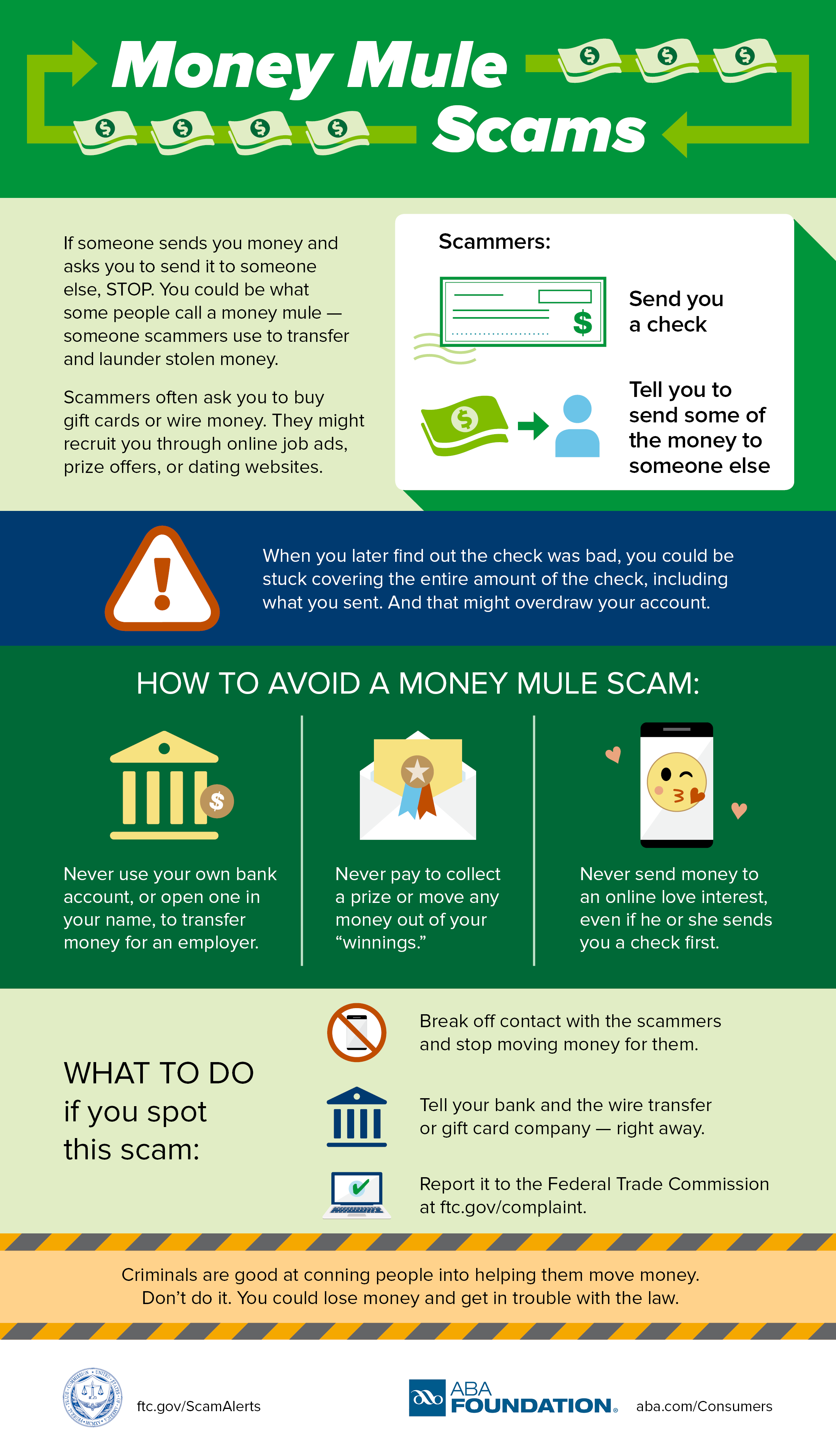It may very well be a money laundering scheme, although with money laundering, the goal is to take "dirty" money made illegally and "clean" it by bouncing it through different accounts to disguise its source and make it look legitimate.
Your case sounds more like straight-up fraud. Here's why I don't think it's necessarily money laundering: if the people you worked for were laundering money through your wages, they would probably issue you a W-2 and pay you in cash. The cash they would pay you with would be the "dirty" money, but it would look legitimate because they recorded it as wages on a W-2. Although cash payment of wages is a bit suspicious, it is not illegal. Money launderers don't normally launder money through wages, because it can be hard to disguise where the wages came from, and if they ever got audited, they would have a hard time explaining where they got the cash to pay their wages.
Money launderers that launder through a small business often choose cash-based businesses (like restaurants) where they can inflate the receipts they receive from customers and make it look like they earned more than they actually did. For example, if you ate a restaurant that was laundering money, they might require cash only transactions. Say your bill was $50. The owners might report your bill as $75 and slip $25 of dirty money in with the $50 you actually paid.
This is a more common way of laundering money than trying to launder it by giving someone a check and telling them to keep part of it. They have no guarantee you will actually deposit the full amount. I think you are a victim of some sort of check fraud scheme. Like the other comments and answers have said, you probably were given a bad check and will be on the hook if it bounces because you sent it through Walmart. That's why they didn't give you a W-2. Once the check bounces, there's no real proof they ever even paid you.

